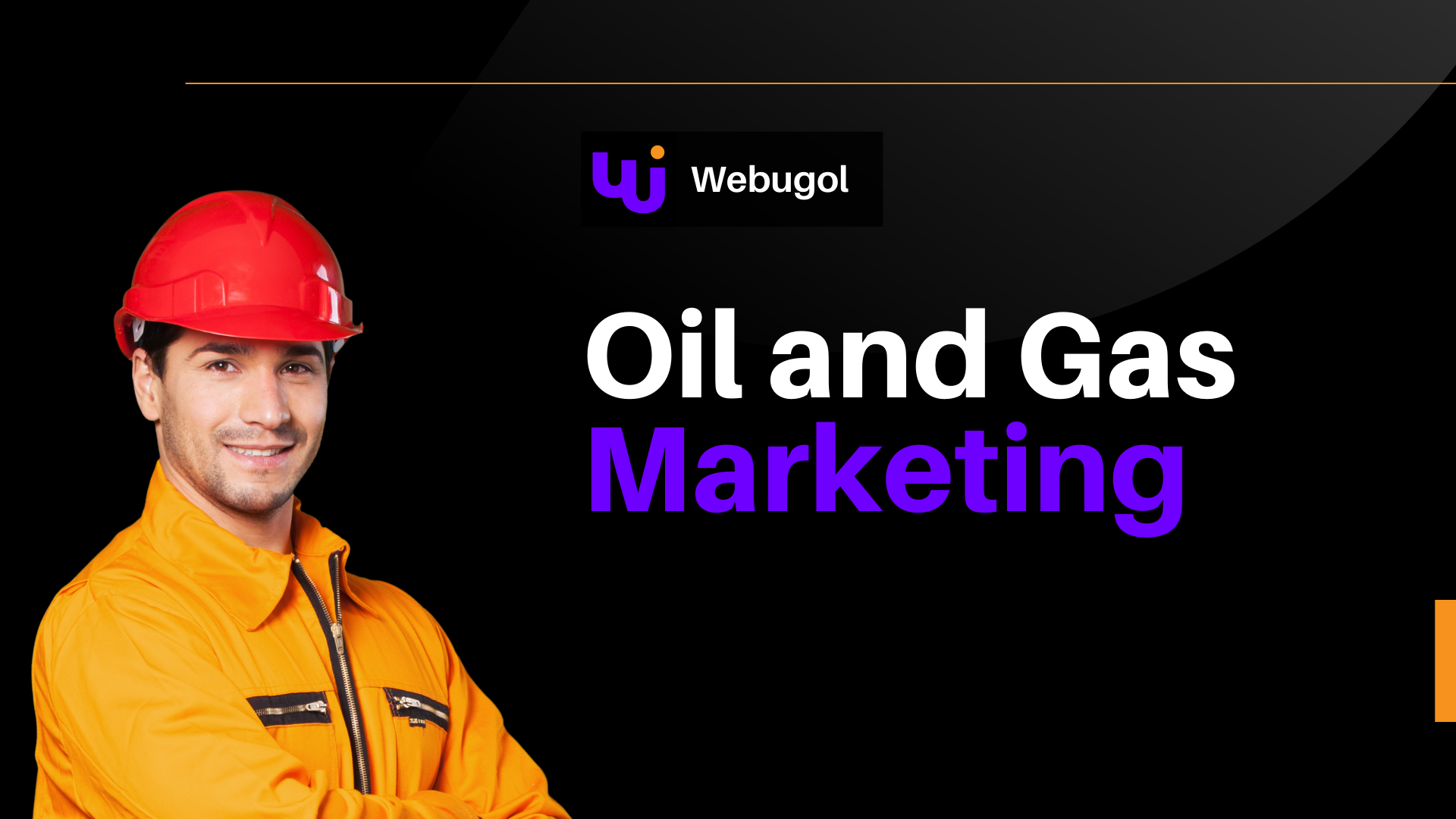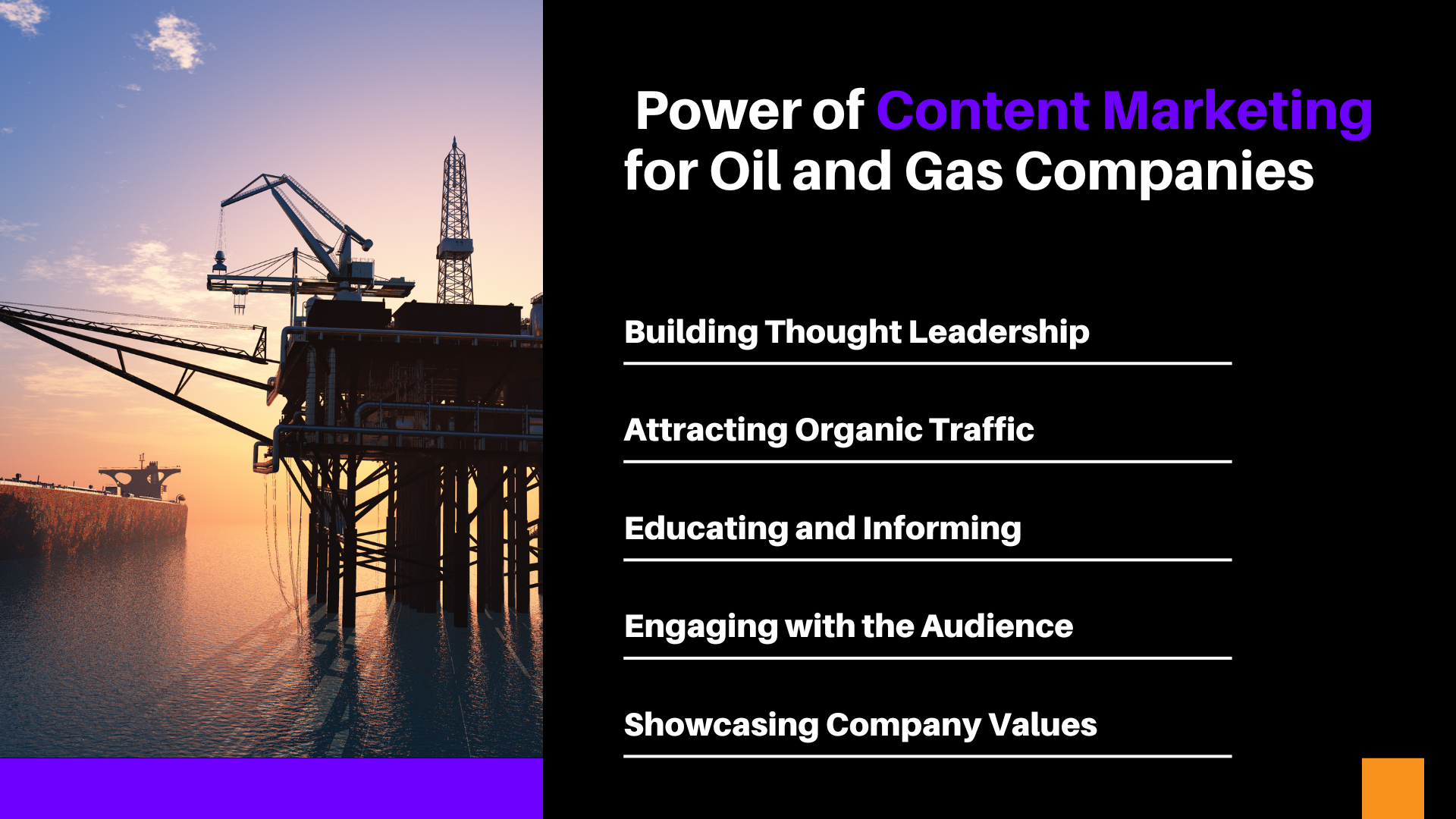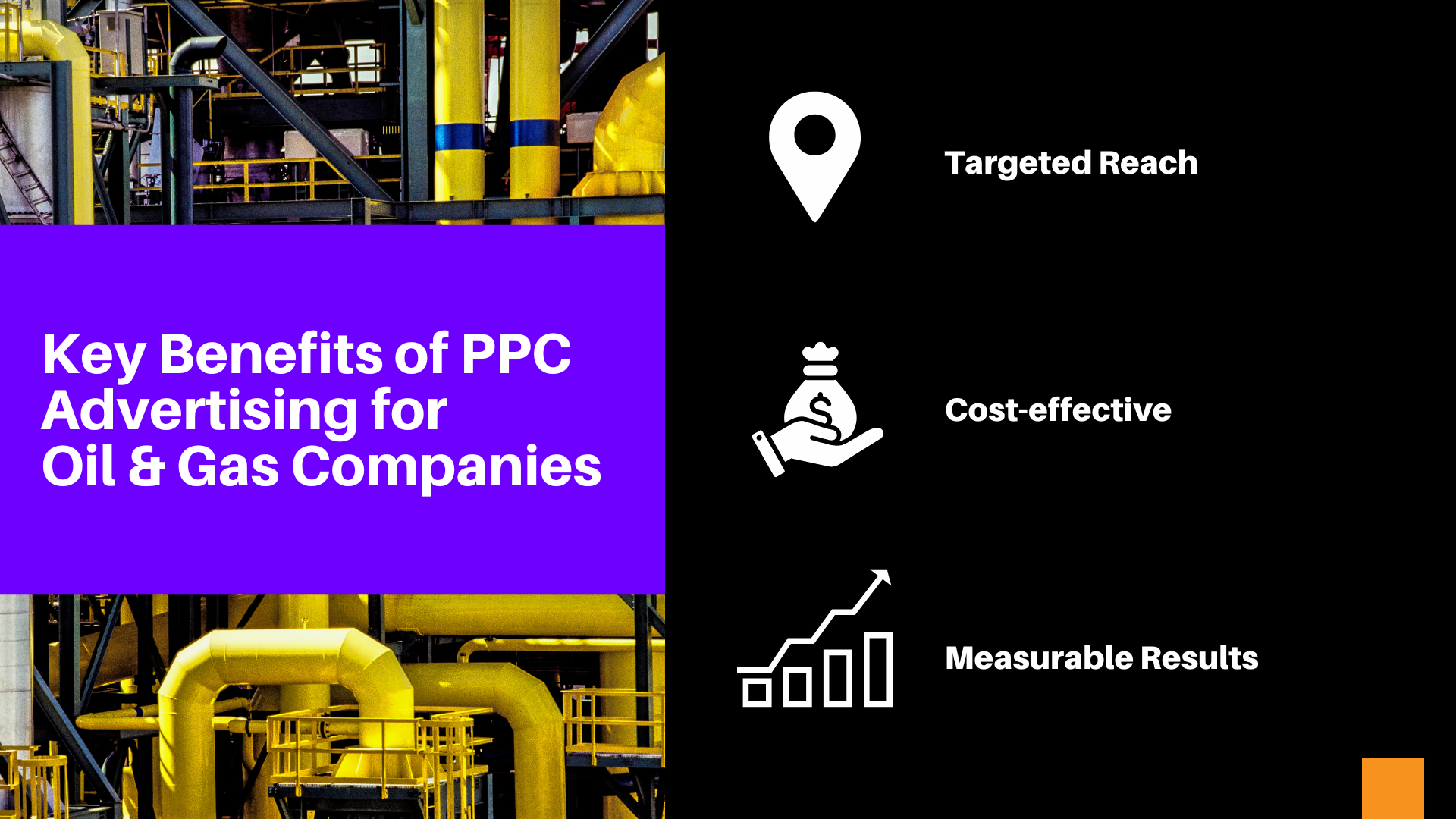Marketing Strategies for Driving Growth and Innovation in the Oil and Gas Industry
Still one of the most important foundations of the world economy, oil and gas fuels homes, transportation, and businesses. Besides energy production, it drives global trade and supplies raw materials for many consumer items. However, the sector also has a lot of challenges that constantly change its landscape.
Oil prices and global upheaval cause market volatility and unpredictability. Concurrent with the rise in renewable energy, changing rules, and an increasing emphasis on environmental sustainability call adaptability. Add technological innovation, and sector success requires imaginative, strategic marketing, not just operational expertise.
Importance of Strategic Marketing in Oil and Gas Industry
In the oil and gas sector, strategic marketing is no longer an afterthought; rather, it is essential in negotiating customer and stakeholder expectations, managing competition, and guaranteeing long-term development. Effective marketing lets companies express their value despite changing demands, build trust, and stay ahead of trends. Companies can control risks, improve their sustainability credentials, and stimulate creativity in a setting growing in complexity by using focused tactics.
 Understanding the Unique Landscape
Understanding the Unique Landscape
Market Dynamics
Oil and gas prices are often driven by geopolitical events, OPEC decisions, and global demand-supply imbalances. Crude oil price fluctuations are a major barrier for marketers seeking dependable campaign returns.
Renewable energy sources like wind, solar, and hydrogen power also change energy demand. This evolving energy mix requires oil and gas marketing to adapt and offer innovative green energy solutions.
Customer Segmentation
Customer segmentation in the oil and gas industry falls into business-to-business and business-to- consumer channels.
- B2B marketing targets upstream exploration businesses, midstream transportation and storage providers, and downstream refineries or petrochemical facilities.
- Though more limited in scope, B2C campaigns target end users utilizing heating fuel, gas station promotion, or electric vehicle charging facilities.
Knowing the aims and demands of each consumer group ensures targeted communication, which builds stakeholder relationships.
Regulatory and Environmental Factors
Environmental rules heavily impact this sector’s marketing. Businesses must balance compliance and marketing in oil and gas industry. Sustainability campaigns including carbon reductions, renewable energy investments, and ethical operations are becoming vital for stakeholder and public trust.
Proven Digital Marketing Strategies for Oil and Gas Companies
Given the shifting terrain and consumer behavior, digital marketing strategies have become ever more vital. Companies must use many online formats to reach and engage their target audience. Oil and gas marketers use digital marketing strategies to promote their online presence, increase brand awareness, and highlight their environmental responsibility and attempts at sustainability.
Search Engine Optimization
Optimizing online visibility and organic search rankings is crucial for attracting customers and stakeholders as search engines become more important for information and decision-making. A successful SEO strategy should consider these factors:
-
Keyword Research: Thorough analysis of keywords identifies the search terms and phrases potential oil and natural gas customers use to find products and services. Marketers should adjust website content and meta tags for these keywords to improve search results.
- On-Page Optimization: On-page SEO aligns titles, headers, meta descriptions, and URLs with keywords. Using these keywords carefully and naturally throughout the content helps search engines determine the website’s relevancy and value for specific inquiries.
- Quality and Relevant Content: Content must be high-quality, educational, and engaging for SEO and brand reputation. Companies can build thought leadership, organic traffic, social sharing, and inbound links by providing content that meets target audience expectations.
- Link Building: Building a network of high-quality inbound connections from relevant websites is essential to SEO. These links validate the website’s industry authority.
-
Mobile Optimization: Optimized websites rank higher in search engines and offer better user experiences.
Content Marketing
Content marketing is crucial to oil and gas companies’ digital marketing efforts. These companies may demonstrate their knowledge, generate trust, and increase engagement by creating and sharing excellent, relevant, and helpful content. Why this type of online marketing for oil & gas companies works:
 Key Content Marketing Strategies
Key Content Marketing Strategies
- Blogging and Thought Leadership: Oil and gas companies can establish themselves as thought leaders by writing useful and enlightening blog entries. Companies can gain credibility and devoted customers by addressing industry trends, issues, and innovations.
- Case Studies and Success Stories: Oil and gas businesses can show their products’ benefits by sharing success stories and case studies. Social proof and trust from these stories demonstrate the company’s value and efficacy to potential clients.
- Visual Content Creation: Infographics, videos, and interactive presentations can engage the target audience and simplify material.
-
Content Distribution and Promotion: While creating excellent material is vital, so is making sure the material finds the target audience. Social media, email newsletters, and industry literature can increase content reach and drive relevant visitors to the company’s website or other digital platforms.
Social Media Marketing
Social media marketing in the oil and gas industry should follow these steps to maximize its effectiveness:
- Create Compelling Content: Create high-quality, educational, and entertaining content for your audience. Discuss industry news, thought leadership, case studies, and points of view.
- Engage and Interact: Respond to audience comments, messages, and inquiries. Start conversations, ask questions, and get feedback to build partnerships.
- Utilize Analytics: Analyze your social media performance regularly utilizing analytics tools. Assess strategy efficacy by tracking reach, engagement, and conversions. Optimize results with data-driven adjustments.
-
Stay Updated and Adapt: Trends and algorithms change quickly on social media. Keep up with innovations and adjust your approach. Stay ahead of the competition and expand your reach by trying new features, tools, and advertising.
Pay-Per-Click
Email marketing and PPC advertising are potent digital marketing strategies for oil and gas enterprises. This type of online advertising lets organizations target their audience when they search for suitable phrases or visit relevant websites. Companies can increase brand awareness, website traffic, and qualified leads by properly choosing keywords and optimizing ads. PPC advertising, like any digital marketing strategy, requires research, keyword targeting, and optimization.
 Email Marketing
Email Marketing
Digital marketing for the oil and gas industry is essential for building a strong online presence, engaging with their target audience, and achieving sales. By providing subscribers with relevant information and offers via tailored and targeted mailings, corporations may foster client retention and repeat business.
- Newsletters: Regular newsletters containing industry updates, corporate news, thought leadership and product or service offerings can engage subscribers.
- Personalization: Segmenting the email list by demographics, job roles, or interests helps target content.
- Lead Nurturing: Consider delivering educational materials to a lead in the awareness stage and product demos or case studies in the contemplation stage.
- Promotions and Offers: New items, special promotions, events, and webinars can be promoted using email marketing.
Oil and gas companies may use email marketing to engage audiences, nurture leads, and expand company by following these methods. Email marketing may help energy companies reach their target audience and meet their marketing goals if done effectively.
Conclusion
Marketing in oil and gas industry evolves with the industry. Data, sustainability, and innovation campaigns are essential. Companies may develop trust, prosper, and become industry leaders by understanding market dynamics and using proven methods. Email marketing and PPC advertising may additionally improve a company’s marketing. Oil and gas corporations can reach their target audience, expand revenue, and contribute to a sustainable future with the right strategy. Today’s ever-changing oil and gas business requires an integrated marketing plan that combines traditional and digital techniques.
Strategic marketing can bridge entrenched views and new opportunities. It can change the narrative and reveal oil and gas firms’ revolutionary potential. To propel your marketing efforts to new heights and achieve your company’s marketing goals, partnering with a professional marketing agency like Webugol can be instrumental. Using data-driven methods, Webugol Agency can help you negotiate the changing field and design effective campaigns appealing to your target market. Together, we can unlock the full potential of your brand and drive sustainable growth for sales and marketing in oil and gas industry.


